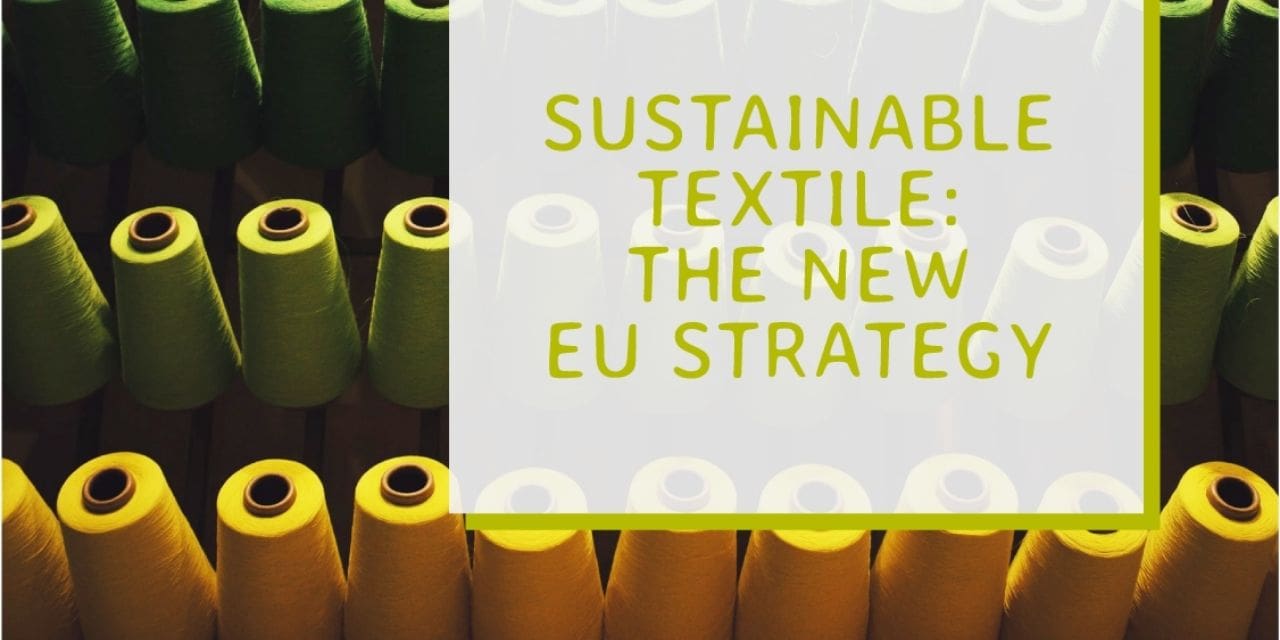The European Union has taken a significant step towards a more sustainable and circular textiles industry with the launch of its new Strategy for Sustainable and Circular Textiles. The strategy aims to address the environmental and social challenges posed by the textile sector while fostering innovation and competitiveness.
Recognising the significant impact of textiles on the environment, the EU has outlined a comprehensive plan to reduce waste, promote sustainable production practices, and encourage consumers to adopt more responsible habits. The strategy focuses on the entire lifecycle of textile products, from production to consumption and disposal.
Key Objectives of the Strategy:
- Durability and Circularity: Ensure that all textile products placed on the EU market are durable, repairable, and recyclable, with a high recycled content.
- End of Fast Fashion: Promote a shift away from fast fashion and encourage consumers to invest in higher-quality, longer-lasting textiles.
- Robust Reuse and Repair: Establish a network of profitable reuse and repair services to extend the lifespan of textile products.
- Competitive and Resilient Sector: Support the textiles sector to become more competitive, resilient, and innovative, with producers taking responsibility for their products throughout the value chain.
Key Actions to Achieve the Strategy:
- Design for Sustainability: Set design requirements for textiles to improve durability, repairability, and recyclability, as well as minimum recycled content standards.
- Transparent Information: Introduce clearer labelling and a Digital Product Passport to provide consumers with information about the sustainability of textile products.
- Reduce Overproduction and Waste: Discourage the destruction of unsold or returned textiles and address the issue of overproduction.
- Tackle Microplastics: Implement measures to reduce the unintentional release of microplastics from synthetic textiles.
- Combat Greenwashing: Raise awareness about sustainable fashion and empower consumers to make informed choices.
- Extended Producer Responsibility: Introduce mandatory and harmonised Extended Producer Responsibility (EPR) rules to incentivize producers to design more sustainable products.
- Restrict Textile Waste Exports: Promote sustainable textiles globally and restrict the export of textile waste.
- Incentivize Circular Business Models: Support the development of reuse and repair sectors and other circular business models.
- Encourage Industry and Member State Support: Foster cooperation between industry, public authorities, and other stakeholders to achieve the strategy’s objectives.
Timeline and Implementation:
The EU has outlined a series of key dates and initiatives to implement the strategy, including:
- Ecodesign for Sustainable Products Regulation: Establishing a framework for setting ecodesign requirements for products, including textiles.
- Empowering Consumers and Tackling Greenwashing: Implementing measures to empower consumers and address greenwashing practices.
- Reset The Trend Campaign: Raising awareness about sustainable fashion and encouraging consumers to adopt more responsible habits.
- Restricting Textile Waste Exports: Implementing regulations to restrict the export of textile waste.
- Transition Pathway for the Textiles Ecosystem: Promoting cooperation between industry, public authorities, and other stakeholders.
- Horizon Europe Funding: Supporting research and development of technologies for increasing the circularity and sustainability of the textiles sector.
- Mandatory and Harmonized EPR Schemes: Introducing mandatory and harmonised EPR schemes for textiles in all EU Member States.
- Textile Labelling Regulation Update: Revising the Textile Labelling Regulation to provide consumers with more comprehensive information.
The EU’s Strategy for Sustainable and Circular Textiles represents a significant step towards addressing the environmental and social challenges posed by the textile industry. By promoting sustainable production practices, encouraging circularity, and empowering consumers, the EU aims to create a more sustainable and resilient textiles sector for the future.

